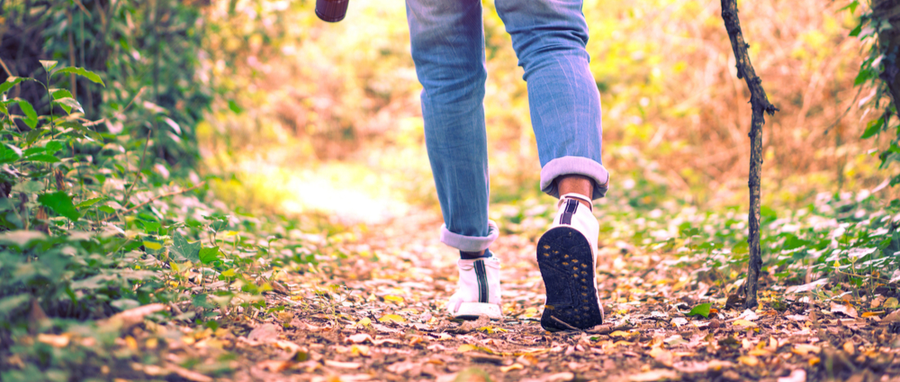Everyone has different challenges while recovering from addiction. Some people are attached to friends or partners with substance use issues while others have jobs that put them around drugs and alcohol. For introverts, the biggest challenge is often engaging with a sober network.
What’s an introvert?
Introverts are often thought of as shy or even antisocial but that’s not necessarily true. There appear to be structural differences between the brains of introverts and extraverts, including baseline arousal and alertness, how they process their environments, and how they respond to external stimuli. An introvert sitting alone in a room, for example, will be more alert and mentally active than an extravert. The downside is that if you put the introvert in a chaotic environment, he’ll feel overstimulated and that will eventually wear him down. There’s just too much to process and he doesn’t get much gratification.
The main difference between an introvert and an extravert is that introverts prefer less stimulating environments and extraverts prefer more stimulating environments. So while an extravert gets more energy throughout a concert, for example, an introvert is ready to leave by the encore. While we divide people into introverts and extraverts, it’s important to remember that everyone is really some mix of both. Introverts are just closer to one end of the spectrum than the other.
Why social engagement matters
Engagement with a sober network is one of the most important parts of a strong recovery. Group therapy is typically a central part of treatment programs and many people continue their recovery through participation in 12-step programs. Stronger relationships and a sense of belonging play a significant role in keeping you sober. One study conducted by UCLA found that 32 percent of men relapsed over six months compared to only 22 percent of women. [https://archives.drugabuse.gov/news-events/nida-notes/1998/11/men-women-in-drug-abuse-treatment-relapse-different-rates-different-reasons] The difference turned out to be that the men were much less engaged in group counselling sessions, attending an average of 7.9 sessions per month compared to the women’s 10.9 sessions.
Introverts are particularly at risk for not engaging with sober groups. Research shows that extraverts enjoy social situations more, and as a result, are more likely to engage in socializing. [https://www.sciencedirect.com/science/article/abs/pii/019188699090128E] Assuming extraverts socialize with other sober people, that’s a powerful incentive for engagement.
The solution for introverts may be to prioritize quality over quantity. Perhaps finding a smaller 12-step group to engage with will reduce the fatigue of social engagement. Also, having a few close sober friends, perhaps people from treatment or people with whom you share other interests, is a better strategy than trying to be friendly with everyone at a 12-step meeting. Meetings can still be a valuable resource for introverts, but they shouldn’t feel bad about their natural reticence.
Tree House Recovery of Orange County, California is a premiere men’s addiction treatment facility that uses eight different modalities to help our men become the best versions of themselves they can be. We prioritize teamwork and connection as a way of helping our clients build a sense of purpose and belonging. To get started with Tree House Recovery, call us today at (855) 202-2138






